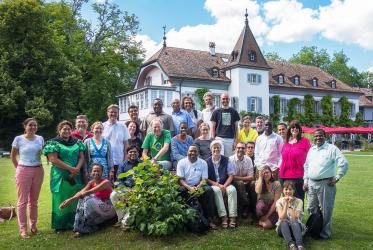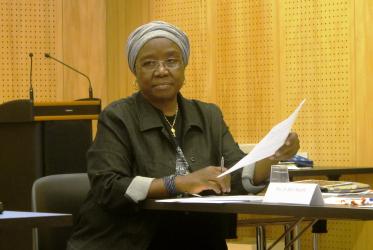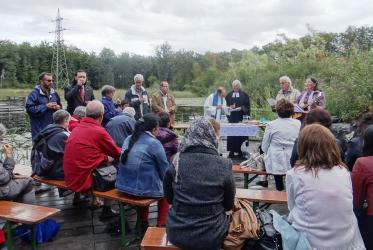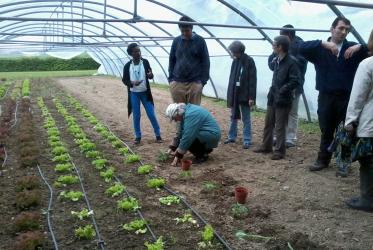Displaying 101 - 120 of 120
Edward Dommen receives Colladon award for A Peaceable Economy
14 December 2015
Patent agreement welcomed as step to improve HIV treatment
30 November 2015
Briefing pack available from ecumenical groups at COP21
27 November 2015
Land rights focus of panel discussion
17 November 2015
Climate pilgrimage toward COP21 pauses in Geneva
05 November 2015
Water network develops a theological framework for water justice
12 December 2014
Prayers, reflections and action during “Time for Creation”
15 September 2014
Addressing ecology, theology and justice in practice
01 July 2014
Ecumenical panel promotes economic justice
17 January 2014
Swiss Christians reflect on water issues
18 September 2013
Time to pray for God’s creation
02 September 2013







